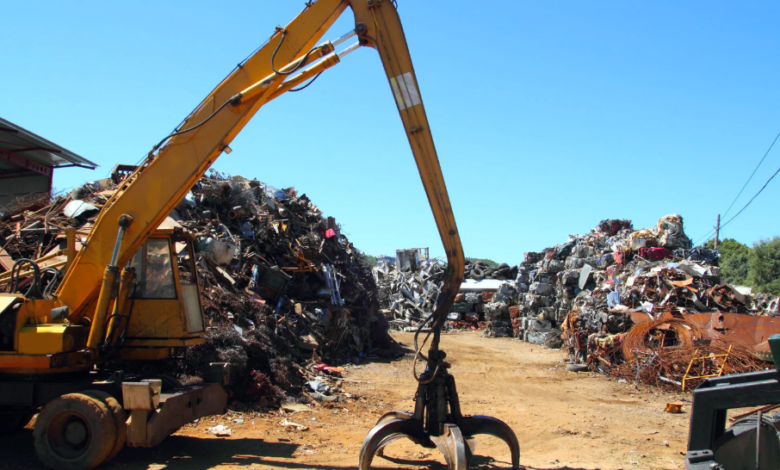How Scrap Metal Recycling Helps Reduce the Demand for Virgin Materials

The growing demand for raw resources has put immense pressure on natural reserves, making recycling a crucial solution for industries worldwide. Many businesses and households rely on scrap metal recycling in Atlanta to meet their material needs without overusing virgin resources. Recycling metals such as aluminum, copper, and steel not only conserves the environment but also supports economic and industrial efficiency. By focusing on reuse, industries can significantly reduce dependence on mining and processing, which are both costly and resource-intensive.
Conserving Natural Resources
One of the primary benefits of scrap metal recycling is the conservation of natural resources. Mining virgin metals requires intensive extraction processes that deplete the earth’s reserves and disrupt ecosystems. Recycling, on the other hand, reintroduces metals back into the supply chain, extending their lifespan and reducing the need for new mining operations.
For businesses, this approach is both cost-effective and sustainable. Knowing how scrap metal recycling is good for your business shows that recycling supports operational efficiency while reducing the environmental impact associated with sourcing raw materials.
Energy Efficiency and Cost Savings
Producing metals from raw ore consumes far more energy compared to recycling existing materials. For instance, recycling aluminum saves up to 95% of the energy required to produce it from bauxite ore. This efficiency translates into lower energy bills for industries and reduces emissions associated with energy production.
By using recycled materials, companies not only cut operational costs but also enhance sustainability goals, demonstrating their commitment to eco-friendly practices. This shift toward recycling contributes to both profitability and environmental responsibility.
Reducing Environmental Impact
Mining virgin metals generates significant waste and pollution, including greenhouse gas emissions and water contamination. Recycling minimizes these harmful effects by limiting the need for extraction and reducing the volume of waste sent to landfills.
Furthermore, recycled metals can be repurposed countless times without losing quality. This closed-loop system ensures long-term sustainability and reduces the ecological footprint of industries that rely heavily on metal production.
Supporting Industrial Growth
Scrap metal recycling is vital for industries like construction, automotive, and manufacturing, which require a steady supply of durable materials. By incorporating recycled metals, these sectors can maintain productivity while minimizing reliance on unstable global supply chains.
Understanding the top industries that benefit most from scrap metal recycling services highlights how sectors like electronics, transportation, and energy also depend on recycling to meet their material demands. This reinforces recycling as a backbone of modern industrial development.
Encouraging a Circular Economy
Recycling supports the shift toward a circular economy, where materials are continuously reused instead of being discarded. This model benefits businesses, communities, and the environment by keeping valuable resources in circulation. Scrap yards and recycling centers act as key players in this system, ensuring that metals are collected, processed, and returned to industries for new applications. This continuous loop reduces waste, promotes resource efficiency, and strengthens local economies by creating jobs in the recycling and manufacturing sectors.
Conclusion
Scrap metal recycling plays a critical role in reducing demand for virgin materials by conserving resources, lowering energy use, and supporting industrial sustainability. From cost savings to environmental protection, the benefits of recycling extend across industries and communities. By choosing recycled metals, businesses and individuals alike contribute to a more sustainable future where resources are preserved, and reliance on virgin materials is significantly reduced.







